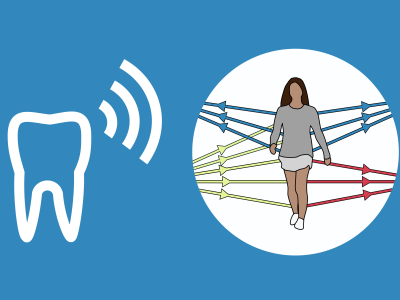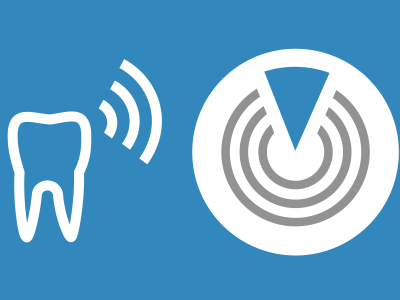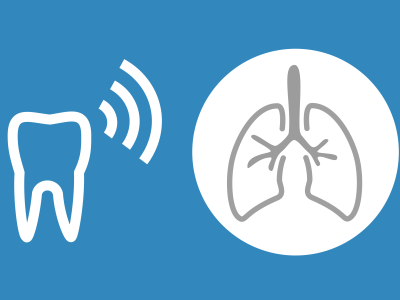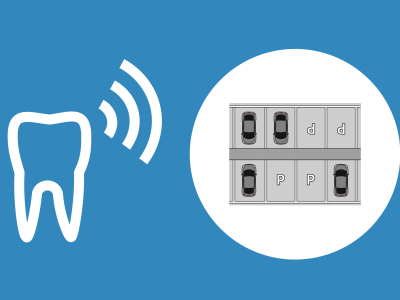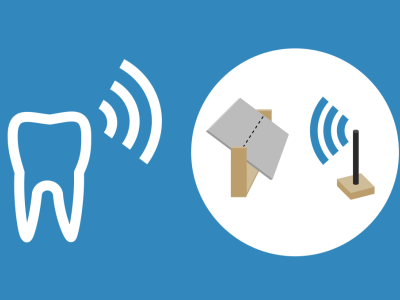
Recently, a novel method was proposed to estimate the distance between a couple of wireless transceivers and a reflecting obstacle by analyzing the frequency dependence of the RSS. Although the resolution of this method is rather coarse for typical 2.4 GHz systems, a traffic monitoring system based on that novel approach has been successfully evaluated
- Categories:
